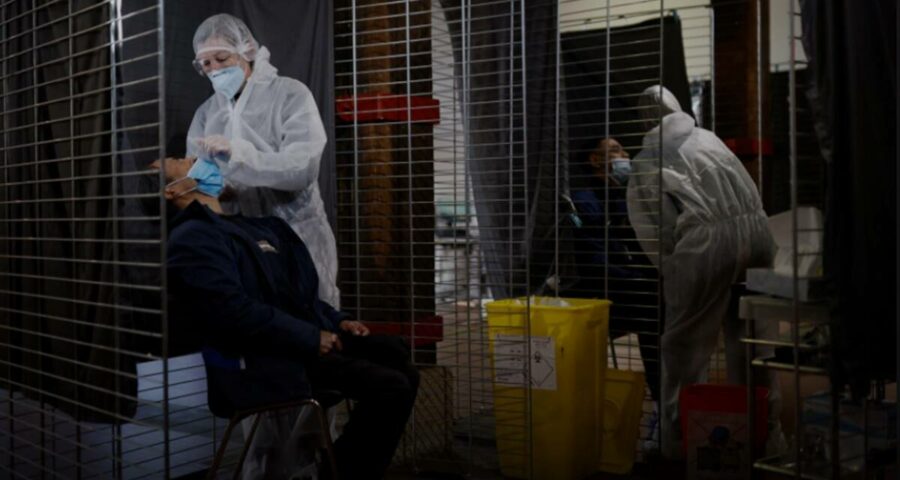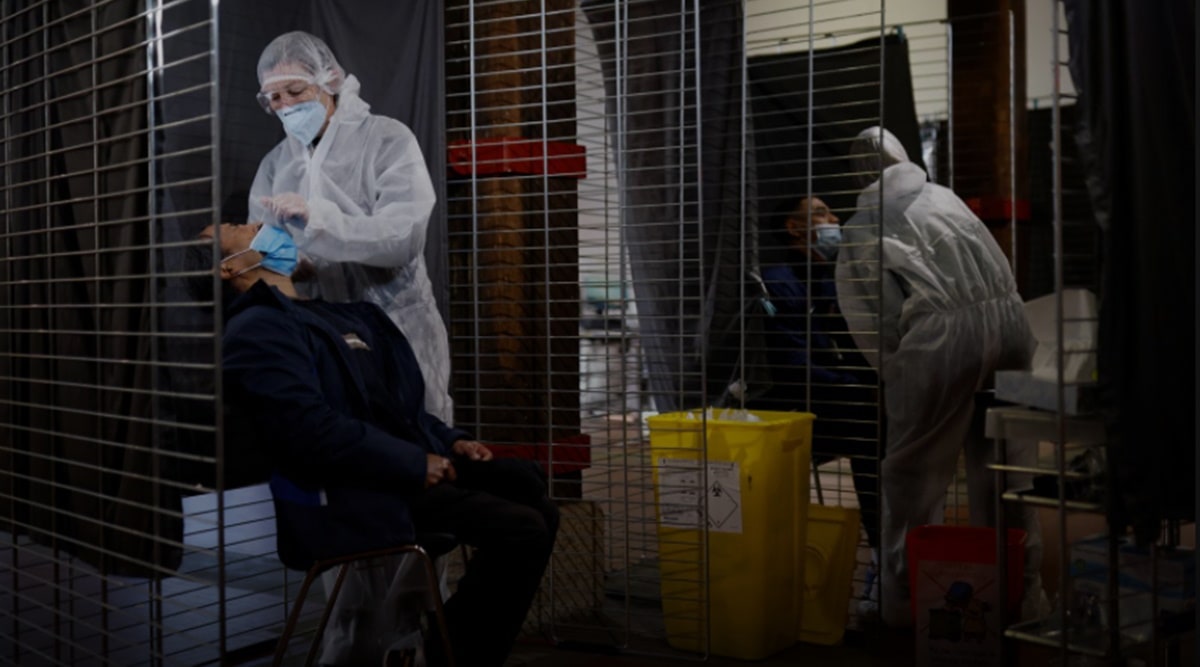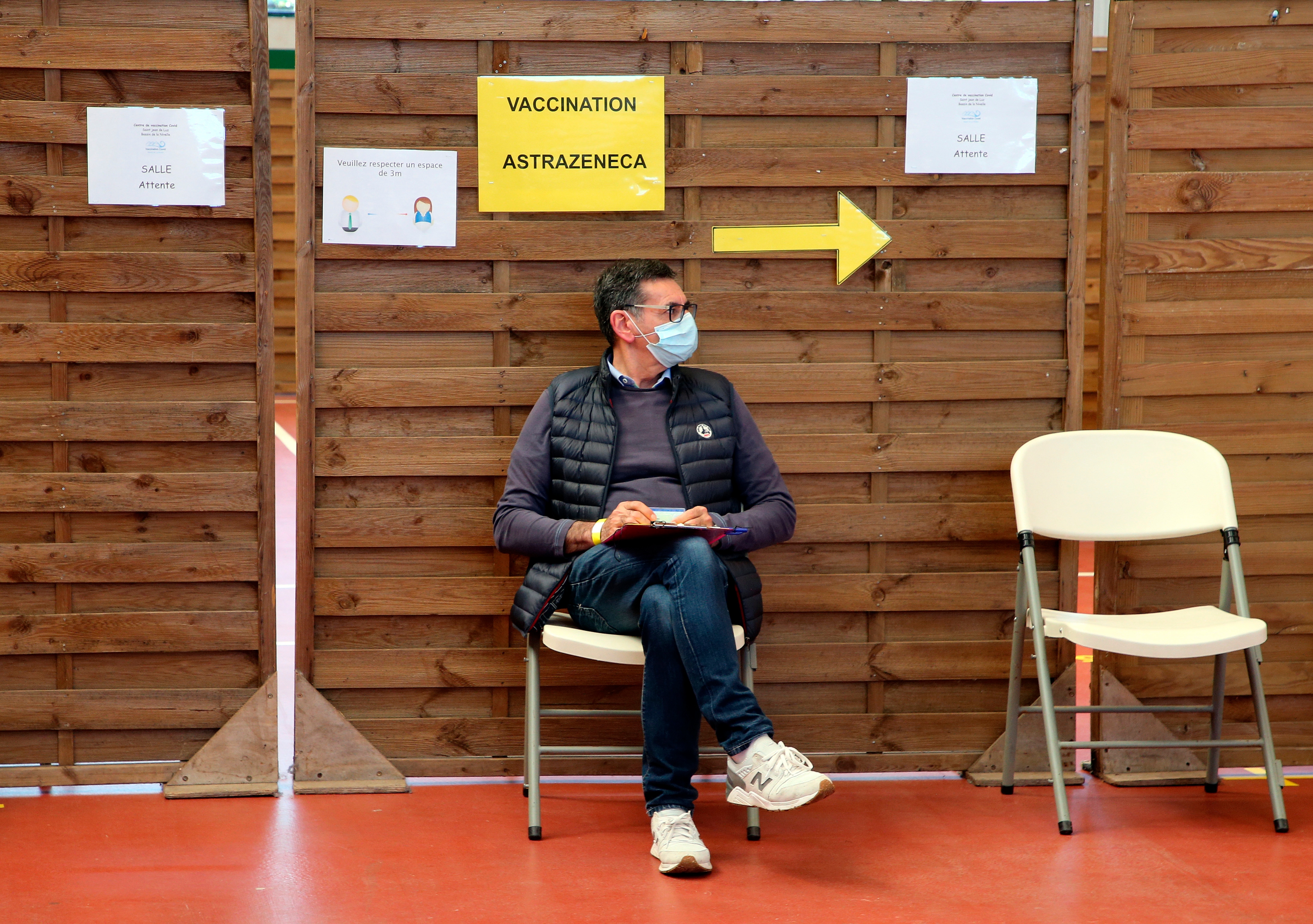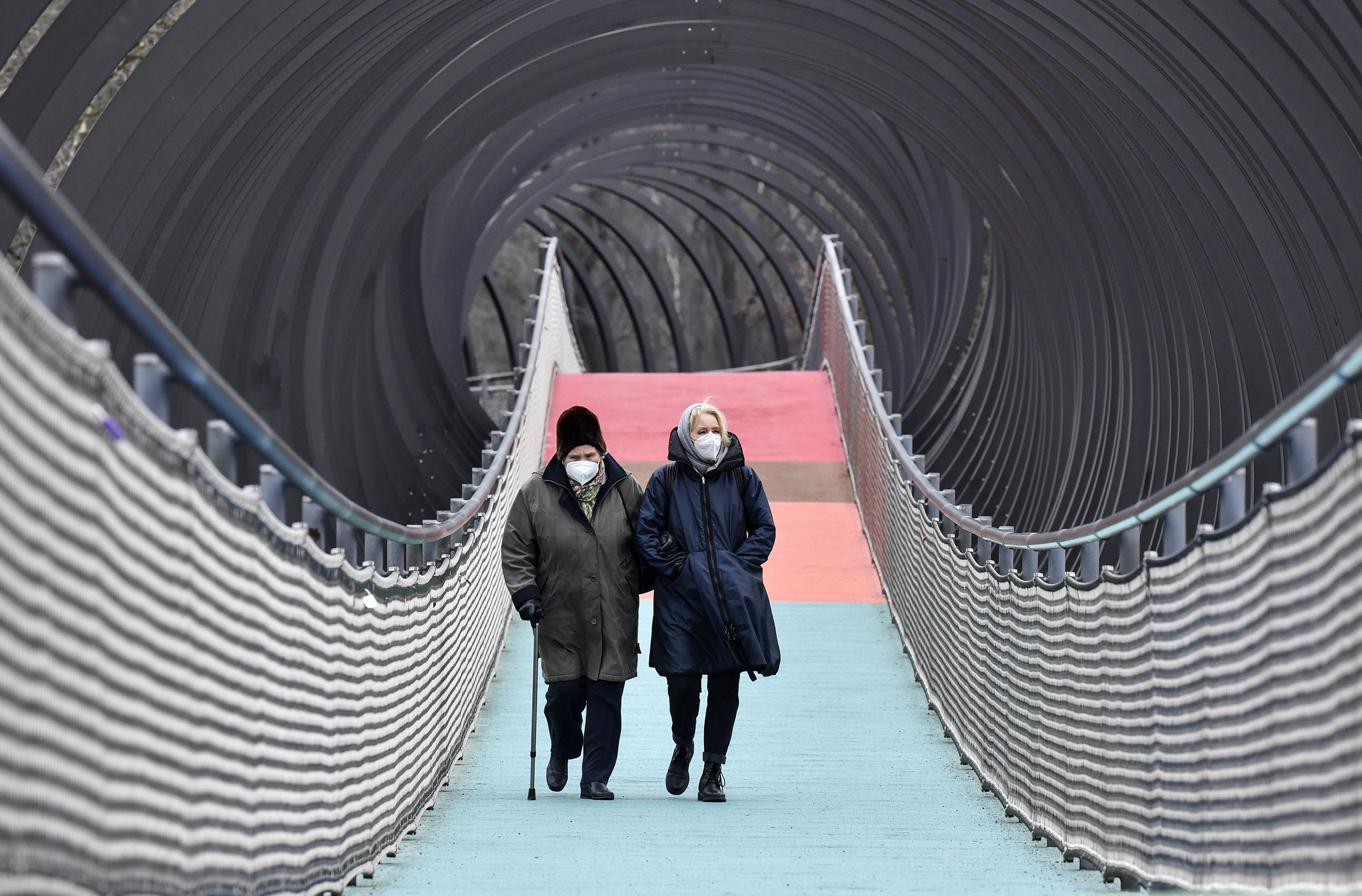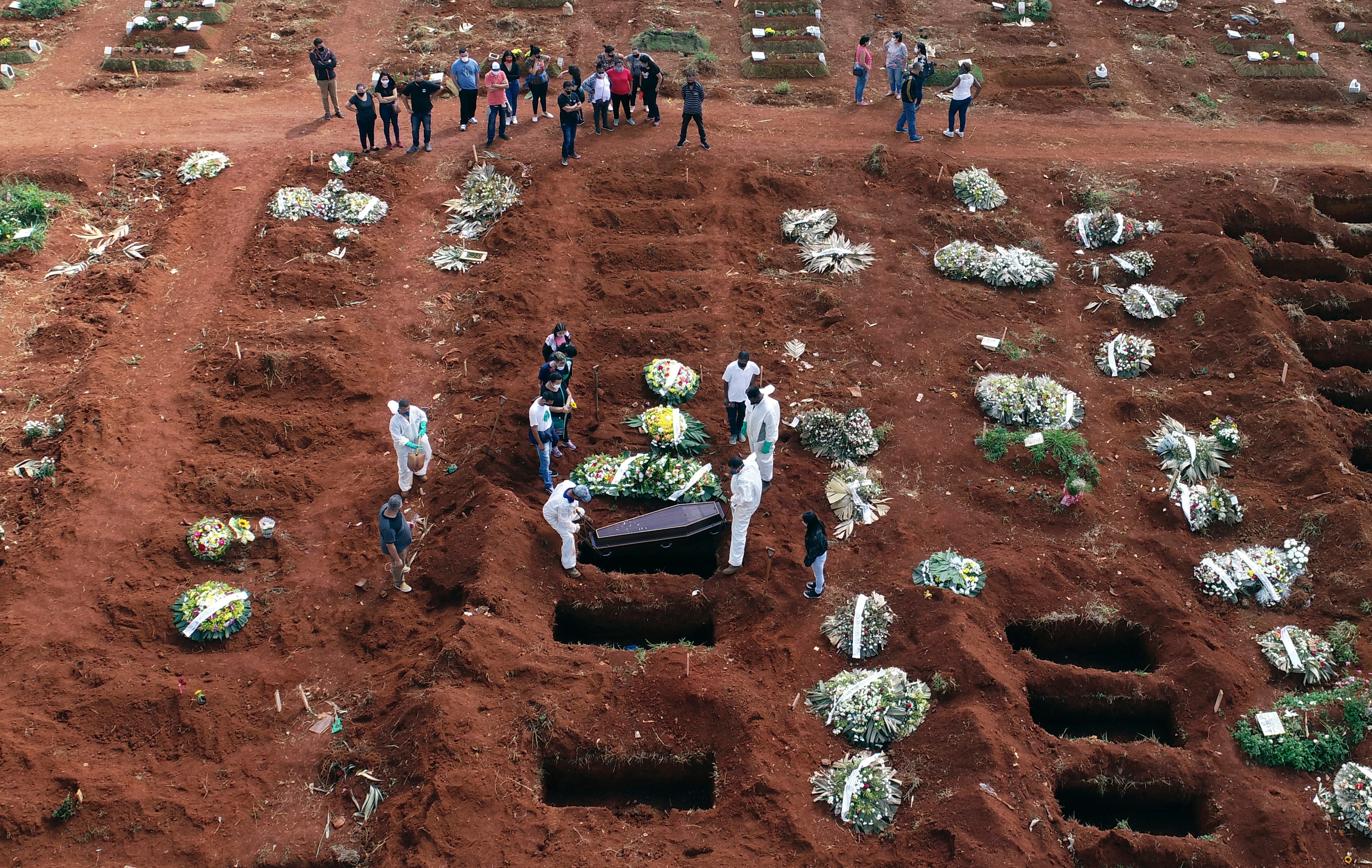From France to Argentina, countries around the world have begun to re-impose restrictions and step up Covid protocol as infections climb.
Fresh lockdowns and curfews have been imposed in countries around the world amid an aggressive new wave of coronavirus infections. The recent surge in cases comes amidst a global shortage of coronavirus vaccines as well as fears over possible side effects associated with the jab.
From France to Argentina, countries around the world have begun to re-impose restrictions and step up Covid protocol as infections climb. With India’s coronavirus caseload soaring over the last few weeks, states across the country have also announced lockdowns and curfews to curb the spreading contagion.
New mutations of the virus, coupled with fears of the Oxford AstraZeneca vaccine causing blood clots in its recipients, has further complicated the situation.
Here is a list of countries that have re-imposed lockdown to tackle the coronavirus situation
Argentina: Argentina’s President Alberto Fernandez announced a three-week nighttime curfew earlier this week, after the country reported a record-breaking number of daily coronavirus cases for two consecutive days. The curfew will apply from midnight until 6 am everyday until April 30 in all of the country’s high-risk areas, according to Fernandez.
Bars and restaurants across the country will be shut by 11:00 pm.
France: Earlier this month, the French government extended a few local lockdowns in regions reporting a surge in coronavirus cases, to include all of the mainland and the Mediterranean island Corsica, AFP reported. All non-essential businesses were closed and personal travel was limited to a 10-km radius as part of the 6am to 7pm curfew.
Now, the country is starting to see signs of improvements, according to government spokesman Gabriel Attal. The lockdown measures were imposed from March 20 onwards and initially included 19 regions, such as Ile-de-France and Hauts-de-France.
Colombia: Eight million residents of Bogota, the capital city of Colombia, are now under strict lockdown as the country combats a vicious third wave of the deadly pandemic. From Saturday onwards, all residents were required to stay at home and venture out only for essential activities, the city’s mayor Claudia Lopez announced in a statement.
Meanwhile, night curfews were imposed in cities like Medellín, Cali, Barranquilla and Santa Marta, where the health system is crumbling under the pressure imposed by the virus.
Germany: While Germany has extended its lockdown measures until April 18, individual states are now able to introduce their own rules, BBC reported. Night curfews and tighter restrictions on socialising have been ordered in Berlin for some groups. Some of the restrictions imposed in the city include a near complete ban on house visits after 9pm.
Poland: All schools, nurseries and non-essential businesses have been closed in Poland and the number of people allowed inside essential shops has been severely curbed. Hairdressers and sports facilities have also been forced to close in view of a rising number of coronavirus cases.
Belgium: All schools and universities will remain closed in Belgium until April 19. Non-essential stores will stay open, but only by appointment. Meanwhile, beauty salons and massage parlours will remain closed. Non-essential travel is still not permitted.
Netherlands: The Dutch government extended its coronavirus-induced lockdown until April 20 due to a rising number of coronavirus infections. Netherlands Prime Minister Mark Rutte also advised all residents to avoid travelling abroad until May 15. Presently, public gatherings of over two people are banned and restaurants are only permitted to sell takeaway food.
Later this month, the government plans to ease restrictions by opening museums and zoos for visitors. Coronavirus tests will be offered before entry.
Brazil: The city of Rio de Janeiro in Brazil has extended a set of restrictions to battle the coronavirus pandemic in view of a rising number of cases. This comes as hospitals across the city have been recording an occupancy rate of 90 per cent.
Source: Read Full Article
